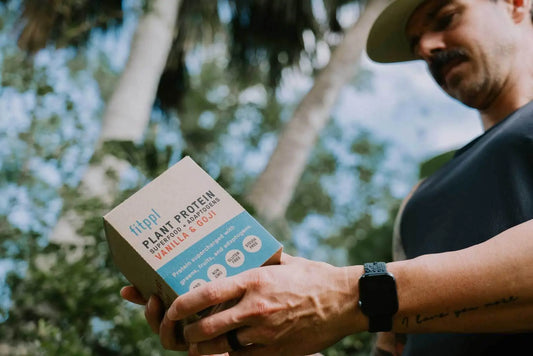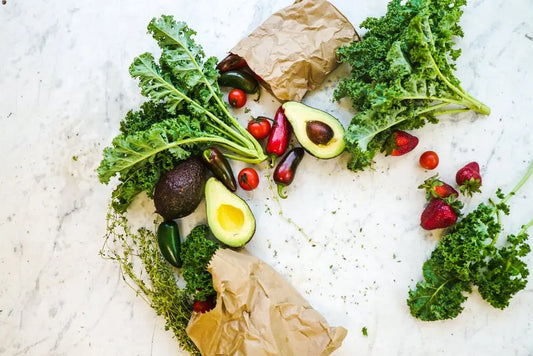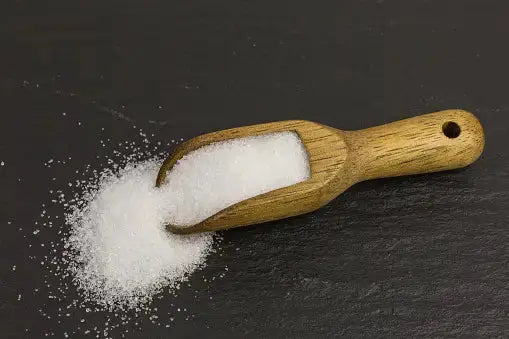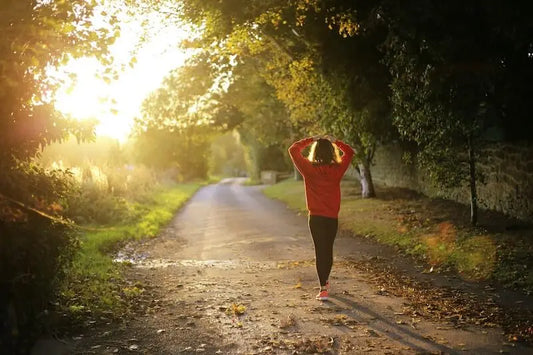8 Things to Know Before You Go Vegan

Before you decide to go vegan, there are some things you should know.
Going vegan requires altering your diet to cut out animal products. Meat, dairy, eggs, honey, leather, products tested on animals, and animal-derived products should be avoided. The reasons you would want to go vegan include improved health, eco-friendly efforts, and protecting animals from exploitation.
You can learn more about switching to an environmentally friendly diet. If you’re interested in going vegan, keep reading. Here are eight things you should know first:
1. INVEST IN SUPPLEMENTS
Veganism is good for the planet, but it can lack certain supplements. B12 keeps your nerve and blood cells healthy, preventing deficiencies that lead to fatigue, weakness, constipation, loss of appetite, weight loss, nerve problems, and depression. It naturally occurs in animal food, which means you’ll need to purchase a supplement and other B-12 fortified foods.
Another supplement you might need to invest in is iron. Vegan food can lack enough to keep you from suffering symptoms of a low count. Leafy greens, sunflower seeds, and dried raisins are a few iron sources for vegans.
2. Find Alternative Protein Sources
All of your meals should contain some form of protein. They break down into amino acids to promote cell growth and repair. How much you need to intake will be determined by your size and weight.
There are vegan alternatives to protein. You can add more lentils, beans, quinoa, and soy to your diet. You can also invest in plant-based protein powders and products.
3. Read Food Labels
If you want to go vegan, you’ll need to get used to reading food labels. Many goods will have animal products in them that you shouldn’t be eating. You may even discover a new vegan snack.
You’ll need to learn what to look for when shopping. Natural Red 4’s a food coloring derived from dried beetles. Whey and gelatin are derived from animal products.
4. Plants Can Help With Calcium
Vegans may be able to get away with less than the daily recommended amount. The key’s eating a variety of calcium-rich foods. Kale, almonds, figs, and navel oranges are calcium-fortified foods.
You can still enjoy cereal, plant-based milk, and tofu made with calcium sulfate. Soy and leafy greens are also high in vitamin D. This can help your body absorb calcium better.
5. Don’t Overdo Soy-Based Foods
Soy-based foods can benefit vegans, but be wary of overconsumption. Consuming too much soy-based vegan meat substitutes isn’t much better for you than consuming high-quality animal-derived products. These alternatives are highly processed and full of sodium and preservatives.
Miso, edamame, tofu, tempeh, and soy milk are the healthiest sources of soy. Consider this information when grocery shopping.
6. Vegan Meals Don’t Have to Be Expensive
Contrary to what you may have heard, it’s possible to go vegan without overspending. When you’re financially limited, steer clear of processed foods. Products advertised as vegan are likely to be more expensive, so read labels to find hidden products.
Go back to the basics to keep it cheap. You should stock up on vegetables, fruit, nuts, grains, and beans. You’ll feel healthier and save money.
7. Veganism Is Safe for Children
If you’re hoping to go vegan as a family, the good news is that it’s safe for children. You can help your children lead a healthier life that respects the lives of animals. With proper meal planning, you will provide the nutrients needed for development, free of animal products.
Before switching your children’s diet, you should read a detailed guide on vegan diets for children, including for infants. Learn what fortified foods and supplements are necessary for your kids to take. You can also speak with their doctor for more information.
8. You Can Ease Into It
You don’t have to jump right into going vegan. You can make the switch slowly to ease your tastebuds into the different flavors and meals. Start with small snacks and eat less meat in your meals.
Pairing with a buddy can help you remain on track with your vegan lifestyle. You can go on this journey and find new meals. Together, you’ll be able to make a difference for your healths and the planet.
Meal Planning to Help You Go Vegan
You can spend one day per week planning your meals for the week ahead. Planning ensures you get enough nutrients and minerals in your new vegan diet. Without the proper amounts, you could suffer from malnutrition and other health problems.
Once you’ve decided how to replace animal products with alternative sources, it’s time to get cooking. You will plan around the recommended amount of protein, iron, and calcium you need, and more. The goal’s to focus on nutritional planning to ensure you’re getting what you need from your vegan recipes.
A Look at the Benefits of Veganism
The benefits of veganism extend into your daily life and health. You’ll enjoy saving the planet and improving your body’s function. Some medical benefits of living a vegan lifestyle include:
- Improved energy metabolism
- Lower risk of cardiovascular disease
- Lower risk of various cancers
- Positive effect on cognitive function
- And many more
These health benefits are only possible when you’ve supplemented correctly and maintained proper nutrition. There are many benefits to entice you to make the switch and go free of animal-products. Vegans are known for being thinner, having lower cholesterol, lower blood pressure, and longer life expectancy.
Enjoy Your New Lifestyle
Now that you’ve read these eight things you should know before you go vegan, you’re ready to take the next step forward. You can use what you learned here to ease your way into your new lifestyle. With our help, you’ll know everything you need to know about veganism.
You can lead a better life by knowing what and how to evolve. We provide you with the best plant-based protein products to help you achieve your dream.










